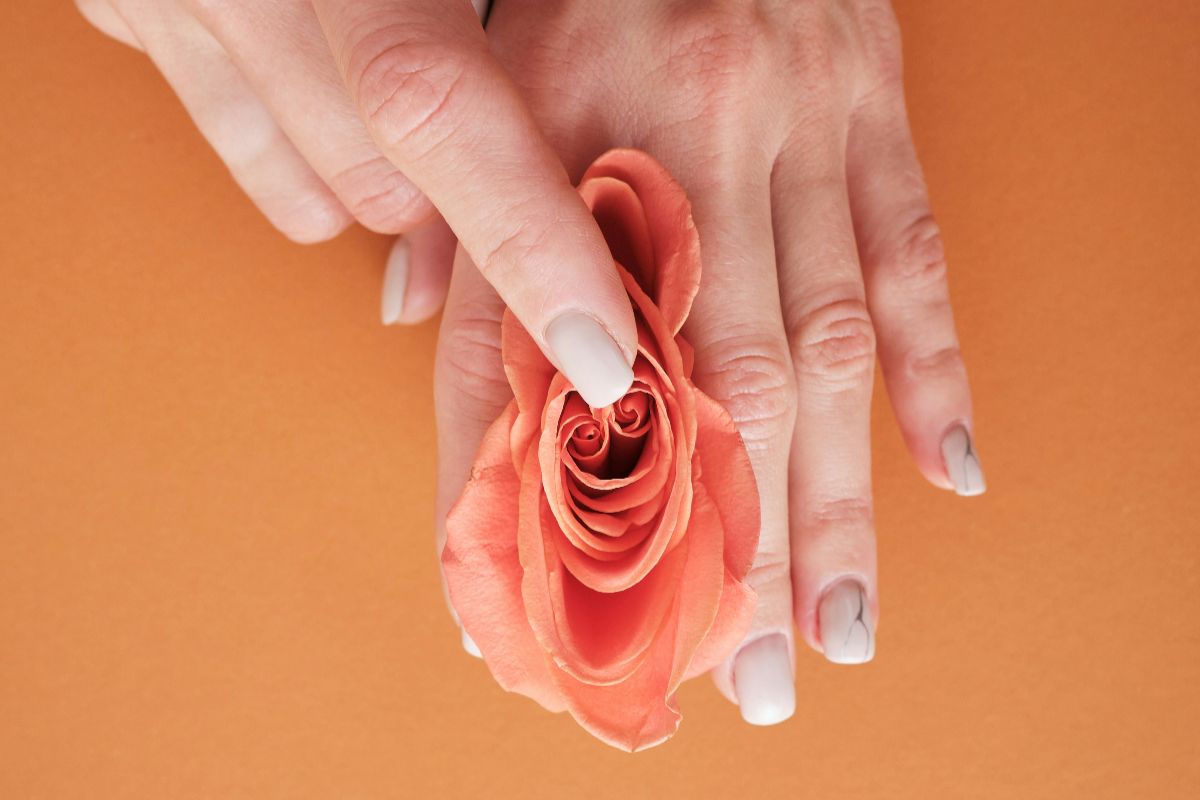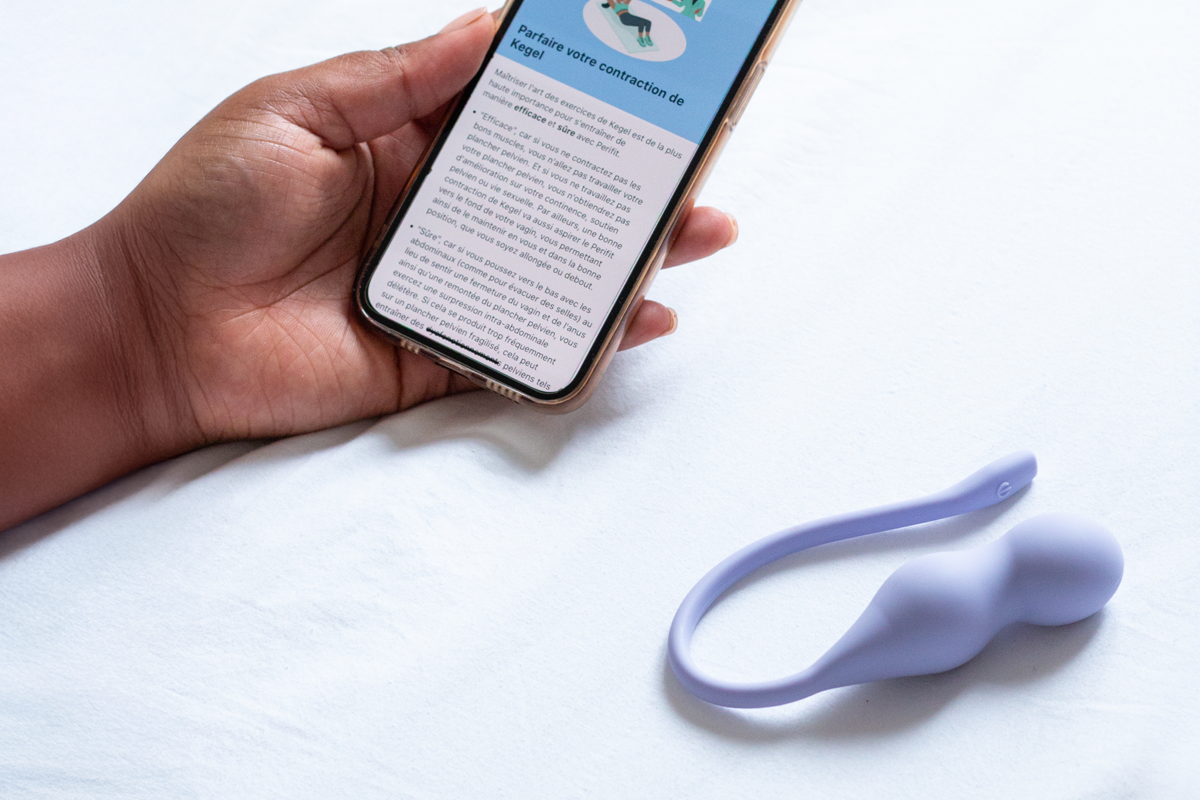Ever experienced that awkward moment when you cough and suddenly feel a little leak? You're not alone! Peeing when coughing is more common than you might think. This involuntary urination while coughing, also known as stress urinary incontinence, can be a real pain. But don't worry – there are natural remedies for urinary incontinence that can help. From strengthening your pelvic floor muscles with Kegel exercises to using innovative devices like Perifit Care, you have options. This article will dive into why coughing and incontinence happen, and how you can take control. Ready to say goodbye to those unexpected leaks? Let's get started!
What causes peeing when you cough?
This common issue, known as stress urinary incontinence (SUI), affects many people. SUI occurs when physical activities like coughing, sneezing, or exercising put pressure on your bladder, causing involuntary urine leakage. This condition is often linked to weakened pelvic floor muscles. (1)
Several factors can lead to peeing when coughing:
- Pregnancy and childbirth
- Menopause
- Obesity
- Chronic coughing
Who is most at risk for stress urinary incontinence?
Age and gender factors
Stress urinary incontinence (SUI) disproportionately affects certain groups. Women are significantly more likely to experience SUI compared to men (2), with up to 1 in 3 individuals experiencing it at some point. As we age, the risk increases due to weakening pelvic floor muscles. Older adults, particularly women over 65, have a higher prevalence of SUI. (3)
Physical and lifestyle factors
Body weight plays a crucial role in SUI risk. Obesity significantly increases the likelihood of experiencing urinary leakage when coughing or exerting pressure. Smoking is another modifiable risk factor that can worsen SUI symptoms. Additionally, chronic conditions like diabetes or persistent coughing can contribute to weakened pelvic floor muscles.
Pregnancy and childbirth
For many, pregnancy and childbirth are major contributors to SUI. Multiple vaginal deliveries can potentially damage pelvic floor muscles and nerves, increasing the risk of urination while coughing or during physical activities. However, it's important to note that SUI is not an inevitable consequence of childbirth and can be managed effectively.
How can you prevent urine leakage when you cough?
Strengthen your pelvic floor muscles
One of the most effective ways to prevent urine leakage when you cough is by strengthening your pelvic floor muscles. Daily pelvic floor exercises, also known as Kegel exercises, can significantly reduce leaks. These exercises involve contracting and relaxing the muscles that support your bladder and urethra. Try to perform quick squeezes and longer holds throughout the day to build strength and endurance.
Make lifestyle changes
Maintaining a healthy weight is crucial in preventing urinary incontinence. Excess weight puts pressure on your bladder and surrounding muscles, increasing the risk of leaks. Consider adopting a balanced diet and regular exercise routine to shed extra pounds. Additionally, reducing caffeine and alcohol intake can help, as these substances can irritate the bladder and worsen incontinence symptoms.
Use smart Kegel trainer
For those seeking a more high-tech solution, consider using a pelvic floor exerciser like Perifit Care. This innovative device helps strengthen pelvic floor muscles through guided exercises and real-time feedback.
Perifit focuses on improving two key dimensions of pelvic floor function:
- Strength: The ability of your pelvic floor to contract powerfully enough to stop leaks.
- Agility: The speed and coordination of your muscle contractions, helping your pelvic floor react instantly when you cough, sneeze, or lift something heavy.
The exercises focus on quick, intentional contractions that enhance muscle power and reinforce the connection between your brain and pelvic floor. This helps improve your body’s reflex contractions—the automatic tightening of your pelvic floor that naturally prevents leaks during physical effort.
💡 By incorporating Perifit Care into your routine, you can improve bladder control and reduce the likelihood of leaks when coughing.
Perifit Care works with a Kegel app game that helps you to remain motivated by sending you regular reminders, showing your training history, displaying your stats, allowing you to interact with other users and much more!
When should you see a doctor for urine leakage?
If you're dealing with urine leaking with coughing, it's important to know when to seek medical advice. While occasional leaks can happen, persistent issues warrant attention.
Persistent symptoms
See a doctor if you experience frequent urine leakage, especially during activities like coughing, laughing, or exercising. Stress incontinence (leaking when your bladder is under pressure) and urge incontinence (sudden, intense need to urinate) are common types that should be evaluated.
Impacts on daily life
If urination while coughing or other forms of incontinence interfere with your daily activities or quality of life, it's time to consult a healthcare provider. They can assess your symptoms and recommend appropriate treatments, which may include natural remedies for urinary incontinence or more advanced options.
Underlying health concerns
Coughing and incontinence together could indicate pelvic floor weakness or other health issues. A doctor can evaluate if there are any underlying conditions contributing to your symptoms.
Don't hesitate to seek professional advice to address your concerns and explore solutions, including the benefits of Kegel exercises for pelvic health.
So, there you have it! Peeing when coughing is more common than you might think. While it can be embarrassing, remember that you're not alone in dealing with this issue. Whether it's stress urinary incontinence or pelvic floor weakness, there are ways to manage and treat coughing and incontinence. From natural remedies for urinary incontinence to using a pelvic floor exerciser, you have options. Don't forget the benefits of Kegel exercises! For a high-tech solution, check out Perifit Care. This innovative device helps strengthen pelvic floor muscles and reduce urination while coughing. With a little effort and the right tools, you can say goodbye to those unexpected leaks and hello to a more confident you!
Sources:





